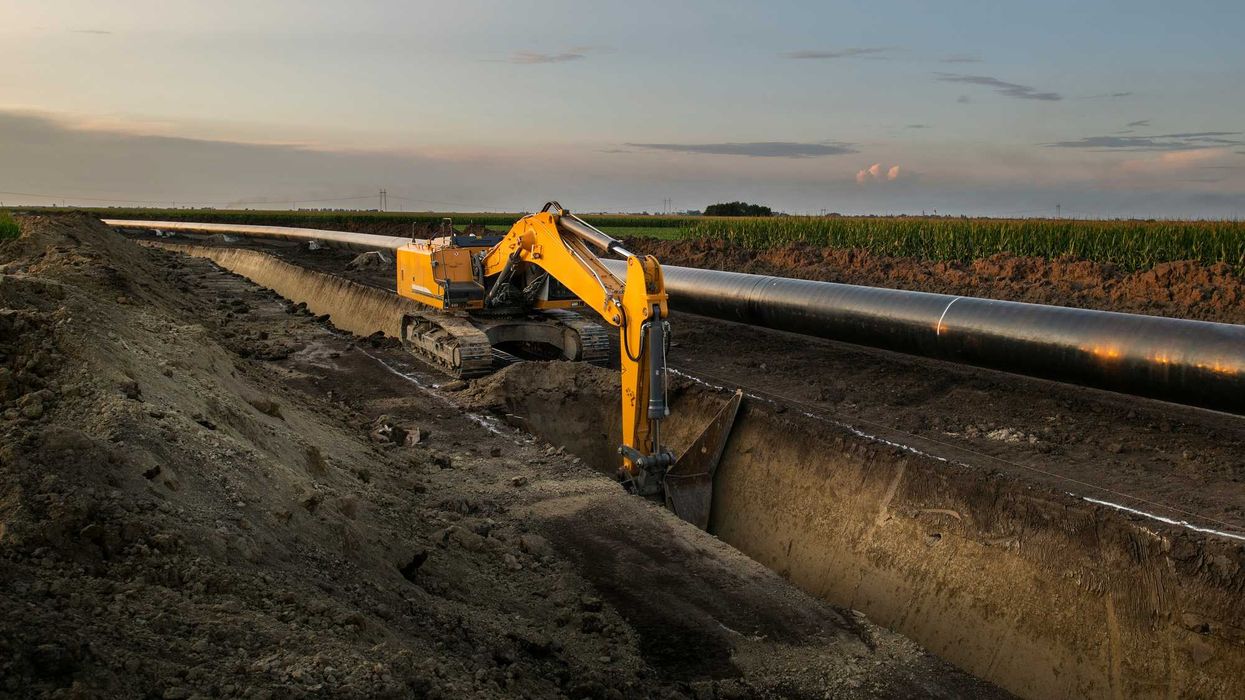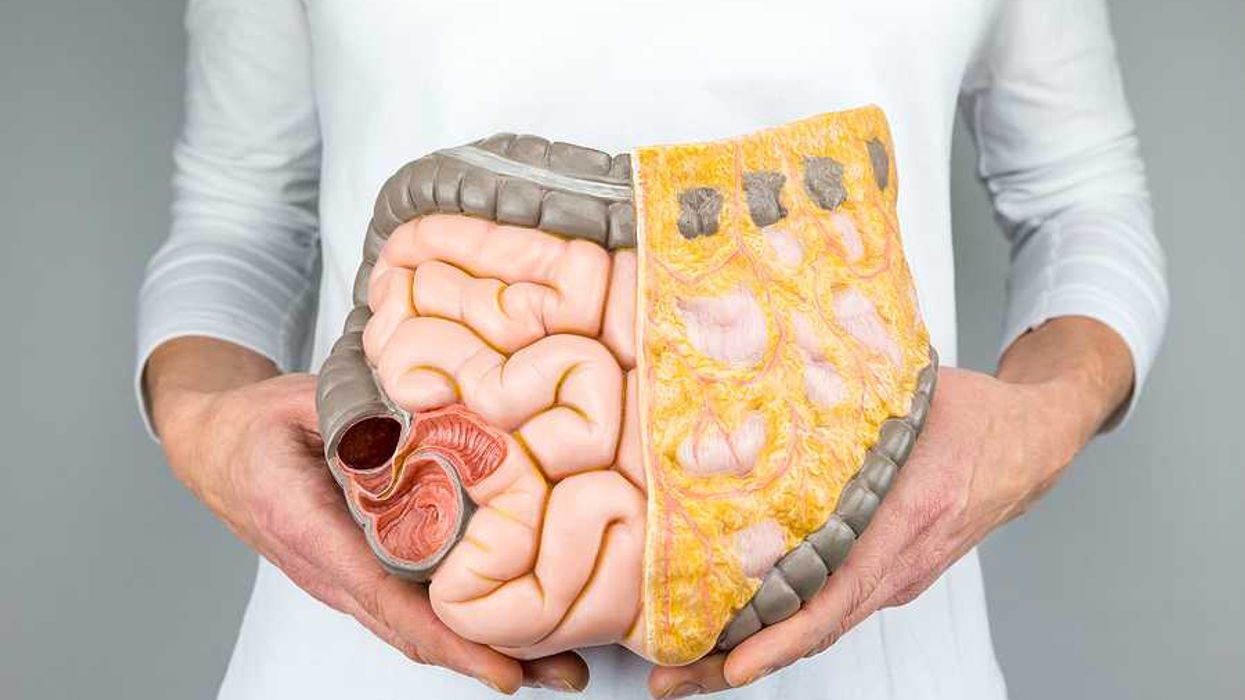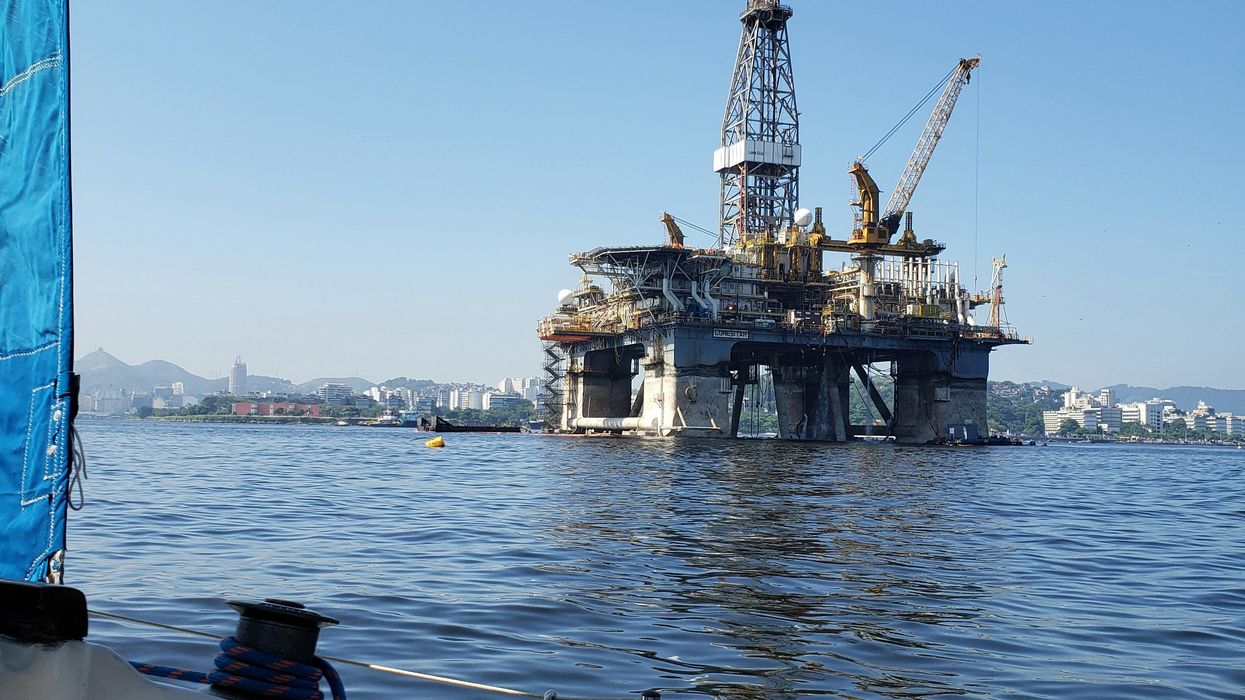Microplastics are pervasive, from Mount Everest to the Marianas Trench, affecting our air, water and health. How should the world respond to the ever-growing impacts of plastic pollution?
Erika Page reports for The Christian Science Monitor.
In short:
- Over 400 million metric tons of plastic are produced annually, with only about 5% recycled in the U.S., contributing significantly to pollution and climate change.
- Leaders are currently meeting in Ottawa to design a treaty aimed at combating plastic pollution, reflecting the global push for international cooperation.
- Innovative solutions like bioplastics and traditional materials are being considered to replace harmful plastics, promoting a circular economy.
Key quote:
“There are so many things that we can disagree on. But on this one, we all agree … There is no plastic that should be in nature.”
— Erin Simon, vice president of plastic waste and business at the World Wildlife Fund
Why this matters:
The push for a global treaty and the development of sustainable alternatives indicate a critical shift towards reducing plastic waste and its associated risks. Read more: Everything you need to know for the fourth round of global plastic pollution treaty talks.














